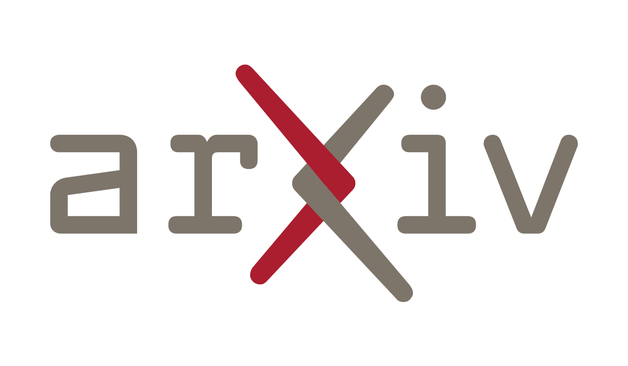@vitloksbjorn
We're talking about another kind of industrial revolution. Weavers lost their jobs because of machines, carpenters lost their jobs because of industrial manufacturing, and photographers that earn their money from stock photo sites will also loose their jobs. It will have severe impact on our society, and it's part of why I'm saying that the society needs to decide whether they want to have that technology or not.
Nevertheless I don't agree calling this theft. When a photographer learns photography by looking at other photographs, they don't steal. Every artist learns their handicraft by copying prior art. Is that stealing? AI does the same, just on a larger scale.
Neither is the student stealing who goes to the library and learns from books. AI does the same, just on a larger scale.
We're automating, as we did before with steam machines and serial production, just that this time it's capabilities at the heart of our human culture that we're automating. Learning, reasoning, formulating.
You cannot steal what one doesn't own, and ideas cannot be owned. Books can be owned and stolen, but AI doesn't sell books. AI has the power to relieve us from recurring tasks, allowing us to focus more on what's important. But at the same time, it comes at the risk of manipulating us, increasing our stress levels even further. And yes, at the moment, a few people get too rich from this.
I find this decision, good or bad, very difficult, because the more you look into it -- unbiased! --, the more you see both the risks and the opportunities.





